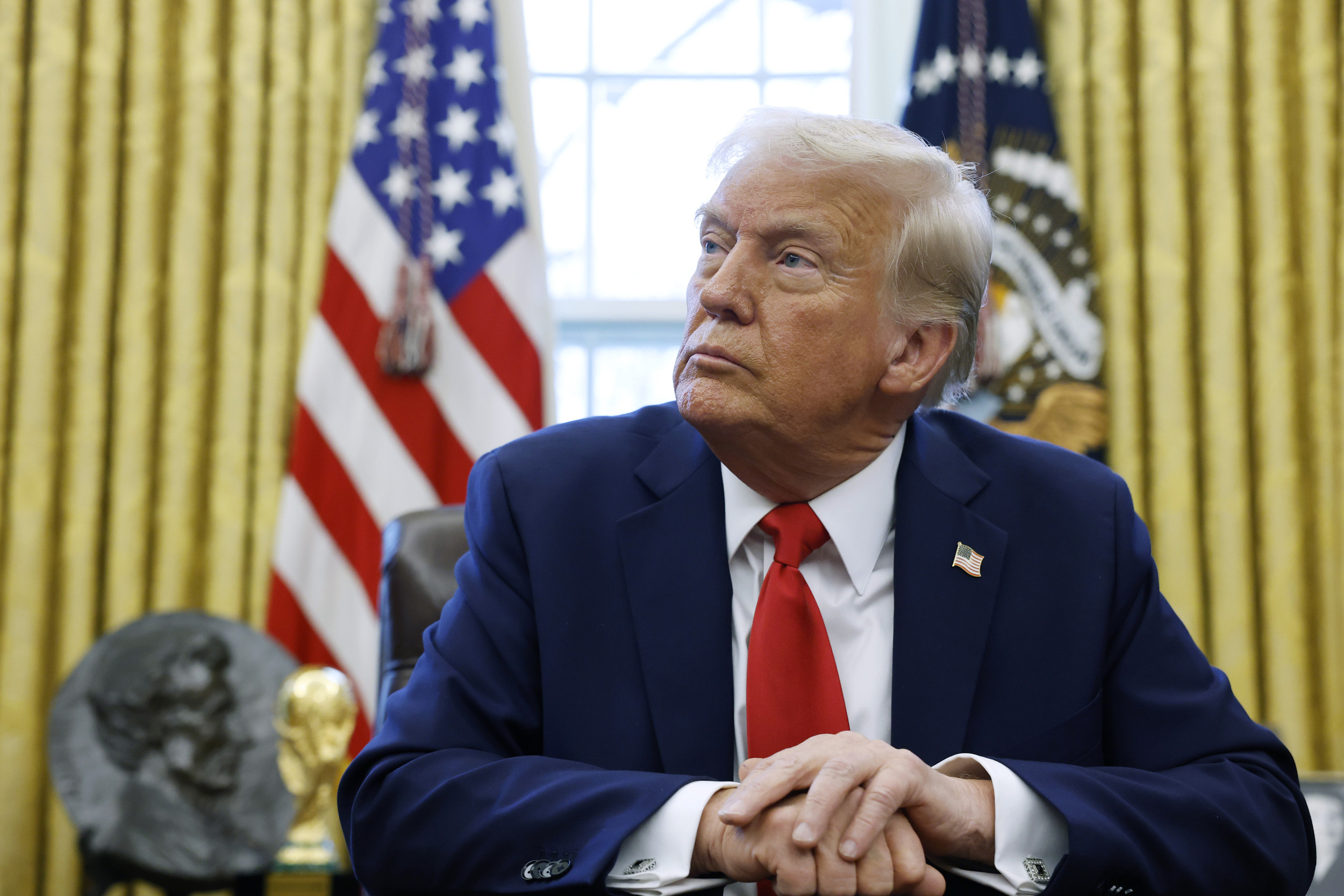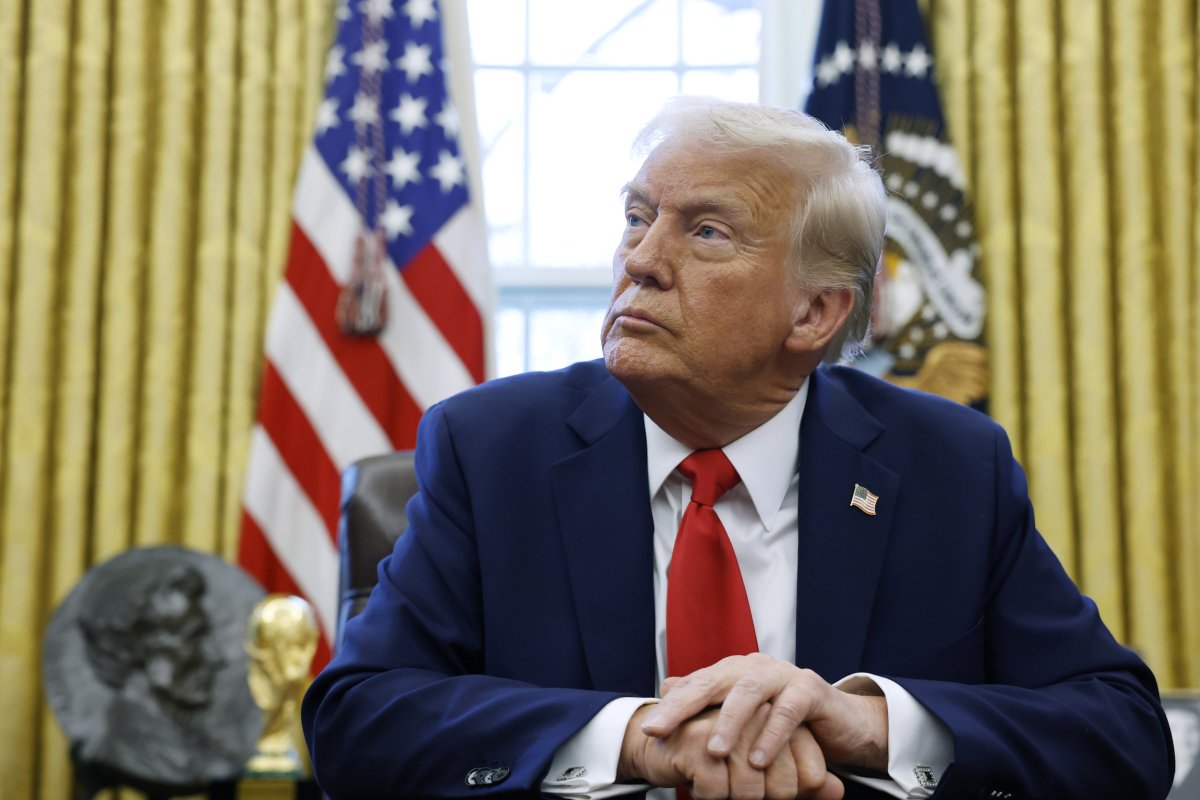
A judge’s decision to stop all external access to Treasury Department data could put the global economy at risk, a government official has warned.
Why It Matters
The standoff between President Donald Trump‘s administration and 19 Democratic-leaning states affects the entire federal budget and could have massive implications for the U.S. and global economy.
Newsweek sought email comment on Monday from Trump’s Department of Government Efficiency (DOGE), the U.S. Treasury Department and from the office of New York Attorney General Letitia James.

Anna Moneymaker/Getty Images
What To Know
On February 8, New York Federal Judge Paul A. Engelmayer imposed a temporary restraining order on the Treasury Department, preventing it from sharing financial information about millions of Americans with Trump’s cost-cutting DOGE.
He did so at the request of New York Attorney General Letitia James and attorneys general for 18 other states who say that the DOGE has no right to access the information.
Engelmayer ordered the DOGE to immediately destroy any copies of records it had already obtained.
The Treasury Department opposes the restraining order.
In a submission to Engelmayer on Sunday, Treasury official Tom Krause argued that the restraining order could damage the entire global economy and that his department opposed it.
Trump appointed Krause as senior adviser for technology and modernization at the Treasury to oversee its financial operations, including running the federal payments system and overseeing the cash and debt that finances the government.
Krause is an associate of DOGE co-director, Elon Musk, and Krause’s appointment was strongly opposed by Democrats.
Krause has been overseeing a review of federal payments ahead of what are expected to be major cuts to the federal government.
What People Are Saying
In his submission to the court, Treasury Department official Tom Krause argued that external computer experts need access to Treasury’s records so that they can maintain its information technology systems and thereby protect the global economy.
He wrote that some payment systems “are designated as High Value Assets because the security and continued operation of these systems is crucial to the smooth functioning of the global economy.”
“As part of the regular maintenance of the BFS [Bureau of the Fiscal Service] payment systems and other data systems, the Treasury Department often employs contractors to perform both routine and emergency maintenance and provide operational support for these payment systems. These contractors are not civil servants,” he wrote.
While imposing the restraining order on Saturday, Engelmayer wrote that New York and the 18 other states could “face irreparable” harm if the DOGE is allowed to obtain Treasury records.
“That is both because of the risk that the new policy presents of the disclosure of sensitive and confidential information and the heightened risk that the systems in question will be more vulnerable than before to hacking,” the order read.
What Happens Next
Engelmayer will consider Krause’s request that he “dissolve, clarify, or modify” the restraining order.
If he refuses to do so, the Treasury Department and the Trump administration will likely appeal to a higher federal court.





